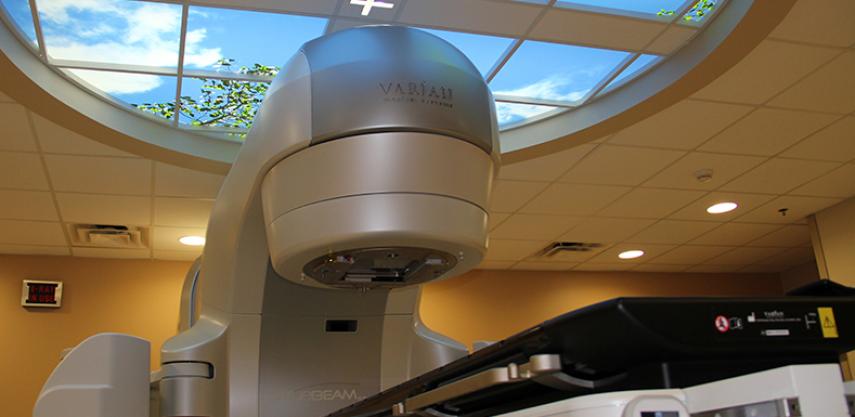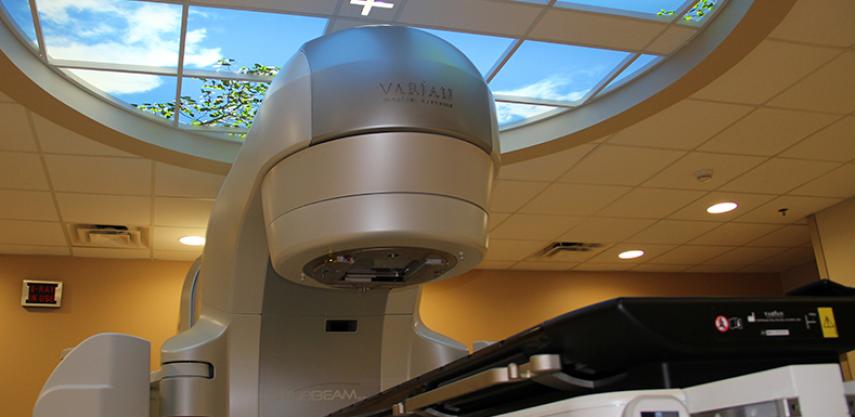CMS has released the Radiation Oncology Model (RO Model) final rule which will be effective Jan 1, 2021. Episode payments will be paid prospectively in the RO Model, meaning that half of the episode payment amount is paid when the RO episode is initiated, and the second half is paid when the episode ends.
Manual Prior Authorizations, the Biggest RCM Opportunity
Who couldn’t use an extra $9.5 billion? According to CAQH, that is the estimated savings for providers if certain Revenue Cycle Management (RCM) transactions could be automated. What is the transaction with the biggest potential for savings? Prior authorizations. According to new data recently released in the fifth annual CAQH Index the total potential savings by automating RCM transaction savings is $11.1 billion, of which $9.5 billion is borne by providers. Below are the estimated RCM transactions and the differences between the automated and manual costs.
Topics: Prior Authorization
We’ve been writing extensively on the growing trends in prior authorizations in radiation therapy and more recently we’ve been presented with the question of how to bill for unauthorized fractions. It is becoming more common for managed care plans to contest the fractionation schedules ordered by the radiation oncologist. These payers, or their utilization management companies, may authorize only a certain number of fractions for certain diagnosis and treatment courses.
Prior authorizations (PAs) in radiation oncology have grown over 20% in the past few years and more and more providers are having difficulty keeping up with the administrative burden of managing the PA process. Often in radiation oncology, there is a practice administrator who might also be tasked with processing PAs. However, managing PAs on a part time basis has become increasingly more difficult because each health plan may implement different requirements and clinical guidelines may change with a surprising frequency.
Topics: Prior Authorization
Business process re-engineering is a management approach that is based on completely rethinking how processes and workflows are configured rather than making minor adjustments to existing processes. One key tenet of re-engineering is that to make dramatic improvements in results, sometimes you need to completely rethink how work is done.
Topics: Radiation Oncology Billing
Insurance companies are merging, healthcare plans are continuously changing, and patients are routinely changing plans trying to find affordable coverage. All this coupled with growth in prior authorizations, leads to one of the more challenging environments ever for providers to try to increase collections from insurance companies. One management methodology to help radiation oncology providers succeed is the Six Sigma concept of eliminating non value-added time.
Topics: Radiation Oncology Coding
Two Things to Know About ePA in Radiation Oncology
We have consensus! Prior Authorizations need to improve and improve quickly. So says a collaboration of the AHA, AHIP, AMA, APhA, BCBSA, and MGMA who have announced a Consensus Statement outlining their shared commitment to industry-wide improvements to prior authorization processes and patient-centered care.
Topics: Prior Authorization
Avoid Increased Prior Authorizations with HCPCS Modifier QQ
Effective July 1, 2018, HCPCS modifier QQ (Ordering Professional Consulted A Qualified Clinical Decision Support Mechanism For This Service And The Related Data Was Provided To The Furnishing Professional) is available for reporting. The modifier may be:
Topics: Prior Authorization
The Centers for Medicare & Medicaid Services (CMS) launched a new data submission system for providers who participate in the Quality Payment Program (QPP). The QPP is composed of two tracks, but in the early years, most providers will participate via the Merit-based Incentive Payment System (MIPS). MIPS program data submission is comprised of three performance categories: Quality, Advancing Care Information, and Improvement Activities.
Topics: Radiation Oncology Billing
The Long Tail of Radiation Oncology Prior Authorizations
We’re often asked: “How quickly can you process prior authorizations?”. The answer is “it depends”, but we owe our customers a more thoughtful explanation than that, so we’ll try a clarification in this blog. We’re reluctant to use averages or other statistics that might be misleading, because prior authorization response times tend to occur in what statisticians call a “long tail distribution”.









